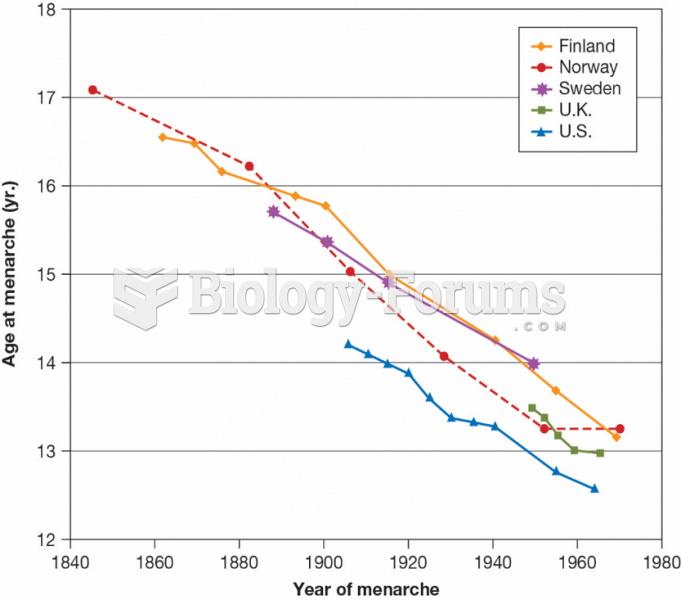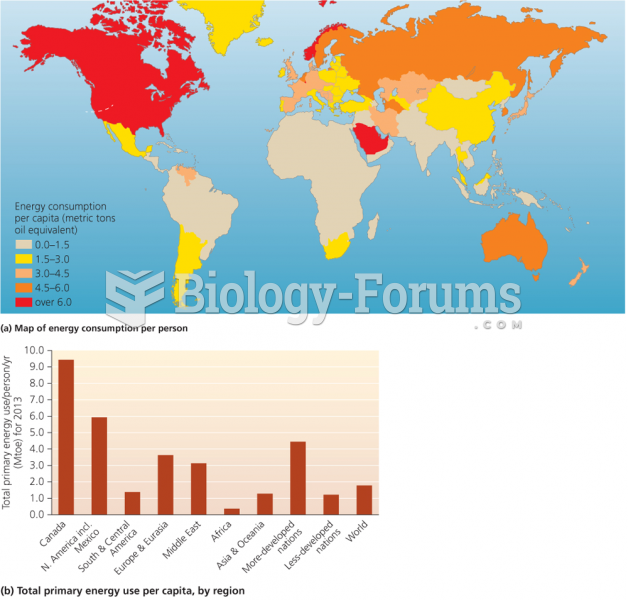Democracy is found almost exclusively in the wealthier nations of the world. The key factor, however, is not the overall wealth of the nation but the way the wealth is distributed; democracy generally is found in nations that do not have extremes of income inequality. A large and relatively affluent middle class is especially important. Members of the middle class usually have sufficient social and economic resources to organize effectively. Their economic power and organization enable them to hold the government accountable. Democracy also flourishes only in societies with many competing groups, each of which comprises less than a majority. In such a situation, no single group can win a majority of votes without negotiating with other groups. Since each group is a minority, safeguarding minority political groups protects everybody. Although democratic stability depends on competing interest groups, two additional conditions must be met. First, if minority political groups are so divided or ineffective that there is little chance they can win an election, the public may become disillusioned with the democratic process. Second, competing interest groups must share the same basic values. If they do not, they are not likely to be able to abide by the rules of the game. For example, fundamental differences between the values of Israelis who want peace with the Palestinians and the values of Israelis who do not, together with different values among different factions of Palestinians, make it difficult for democracy to thrive in the West Bank and Gaza Strip. The author's statement that, Democracy also flourishes only in societies with many competing groups.... is
a. adequately supported by factual evidence.
b. inadequately supported because it is based on generalizations.
Question 2
Democracy is found almost exclusively in the wealthier nations of the world. The key factor, however, is not the overall wealth of the nation but the way the wealth is distributed; democracy generally is found in nations that do not have extremes of income inequality. A large and relatively affluent middle class is especially important. Members of the middle class usually have sufficient social and economic resources to organize effectively. Their economic power and organization enable them to hold the government accountable. Democracy also flourishes only in societies with many competing groups, each of which comprises less than a majority. In such a situation, no single group can win a majority of votes without negotiating with other groups. Since each group is a minority, safeguarding minority political groups protects everybody. Although democratic stability depends on competing interest groups, two additional conditions must be met. First, if minority political groups are so divided or ineffective that there is little chance they can win an election, the public may become disillusioned with the democratic process. Second, competing interest groups must share the same basic values. If they do not, they are not likely to be able to abide by the rules of the game. For example, fundamental differences between the values of Israelis who want peace with the Palestinians and the values of Israelis who do not, together with different values among different factions of Palestinians, make it difficult for democracy to thrive in the West Bank and Gaza Strip. The author suggests that if minority groups are too weak to win an election,
a. basic values of the groups will change.
b. democracy will be easy to establish.
c. citizens may decide not to vote.
d. elections may be cancelled







